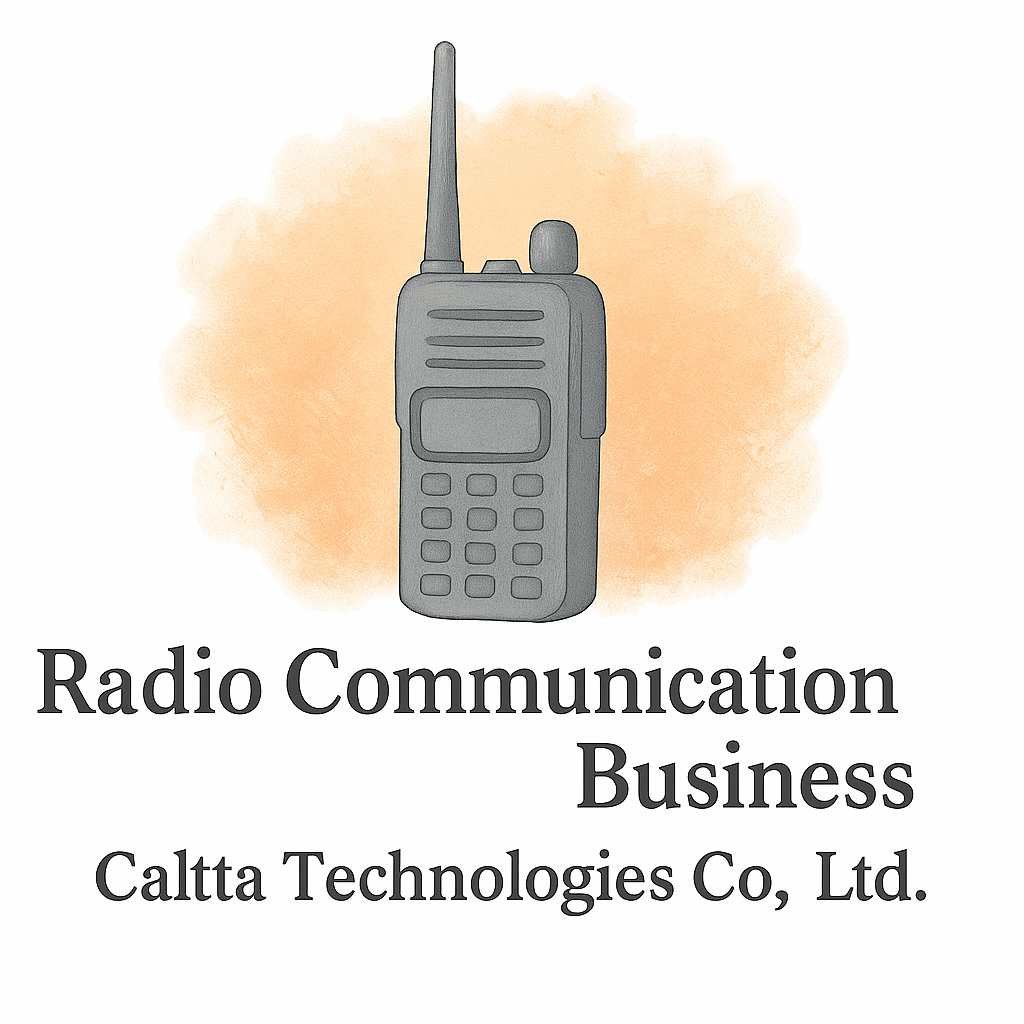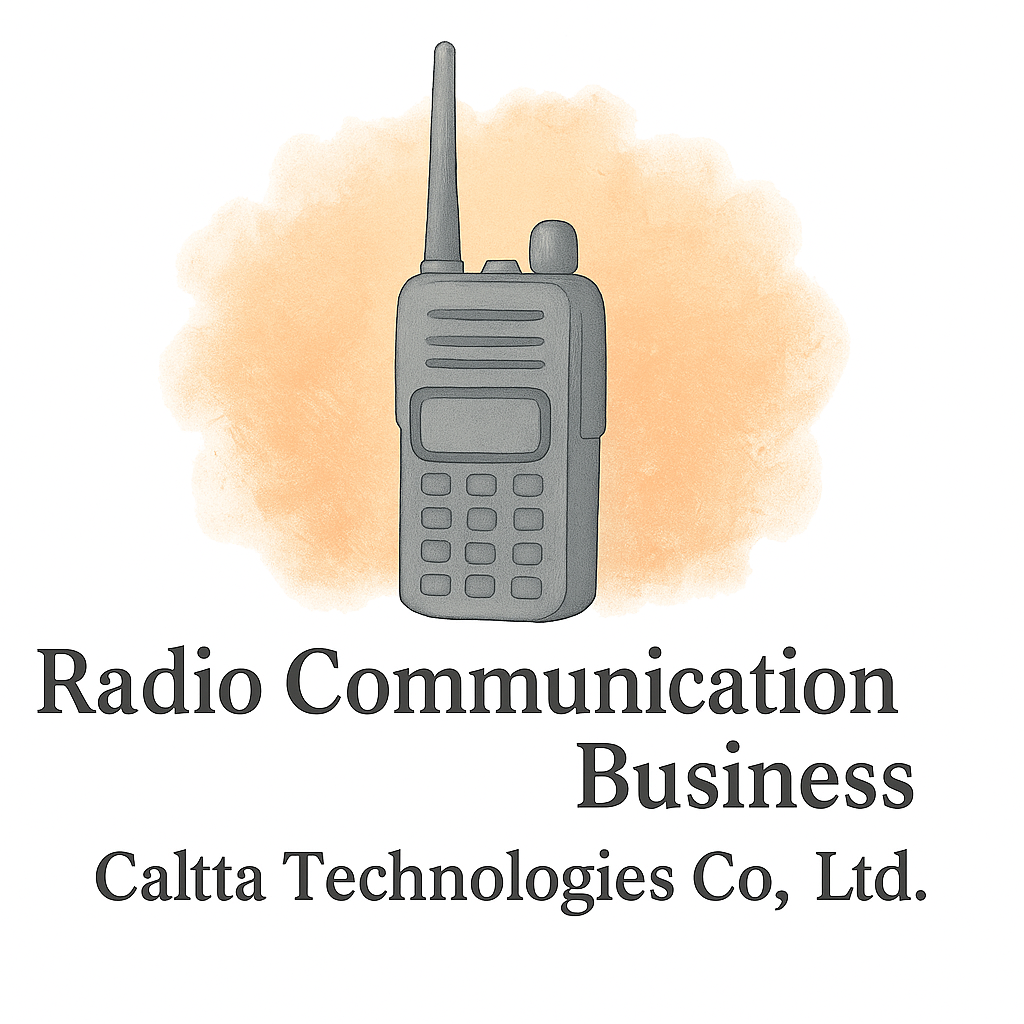Introduction
Ever think radio communication was a thing of the past? Think again.
In a world buzzing with high-tech devices, radio communication remains rock solid—especially in security, construction, events, emergency services, and more. If you’re considering launching a startup in this niche, understanding the right business model can be the difference between fizzling out and flying high.
Let’s explore seven proven business models tailor-made for radio communication startups. Ready to tune in?
1. Equipment Rental Model
One of the most accessible business models is equipment rental. Think of it like Airbnb, but for two-way radios.
Why This Works
Not every business wants to invest heavily in gear. Event organizers, construction firms, and production crews often need short-term solutions. That’s where you come in—offering high-quality, reliable radio systems on a rental basis.
- Low entry barrier: Start small, scale up.
- Recurring clients: Weddings, sports events, film sets—these are repeat opportunities.
- ROI: Used radios = low cost, high return.
Check out equipment and technology solutions that can boost your rental offerings.
2. Custom Radio System Design
Got an engineering background or know someone who does? Designing custom radio systems might be your goldmine.
Tailored for Specific Needs
Different industries have different communication needs. You could design:
- Private networks for mining operations
- Encrypted radios for law enforcement
- Long-range units for agriculture or logistics
This model is project-based but brings higher margins and long-term relationships. Learn more about aligning this with your business startup basics.
3. Radio Maintenance & Repair Services
What happens when a client’s radios break down mid-project? That’s your opportunity!
Recurring Revenue Stream
You can offer:
- Annual maintenance contracts
- On-call repair services
- Refurbished equipment options
Even better, this model works well alongside rental or sales-based setups.
For financial projections and stability, explore financial planning tips.

4. Emergency Communication Services
When the grid goes down, radios keep talking.
Tapping Into Disaster Preparedness
This model services:
- Fire and rescue teams
- Disaster relief agencies
- Local governments
It requires reliability, compliance, and certification, but pays off in stability and reputation.
Stay compliant with industry rules via our tagged compliance insights.
5. Radio Communication Software Development
Yes, there’s a software angle here too!
Modern Tech Meets Old-School Tools
Think beyond hardware. Software-based radio systems and apps are booming:
- Push-to-talk (PTT) over cellular
- Radio asset tracking software
- Cloud-managed communication hubs
Pair this with equipment technology tools for a modern service offering. If you’re tech-savvy, this is a future-proof niche.
6. Retail and E-commerce Storefront
Want something more scalable? Set up an online or physical shop.
Selling Niche Communication Gear
From high-end radios to accessories like:
- Headsets
- Antennas
- Power banks
Use smart SEO and digital marketing strategies from our marketing & branding guide to carve your brand niche.
You can also boost visibility by connecting with social media promotion tactics.
7. B2B Managed Communication Services
Recurring revenue? Yes, please.
Subscription-Based Solutions
Offer complete communication infrastructure with monthly plans:
- Equipment
- Maintenance
- Staff training
- Monitoring tools
This model works beautifully for security companies, transport services, and event management firms.
Dive deeper into this with industry insights.
Key Industry Considerations
Understanding Startup Costs
Before jumping in, get real with your numbers.
- Equipment isn’t cheap—budget for it.
- Factor in licenses, insurance, marketing, and staff.
- Check our cost-saving tips to stretch your dollar further.
Navigating Industry Regulations
The radio space is heavily regulated.
- FCC (or your local body) licenses are a must.
- Encryption and bandwidth limits vary by country.
- Need a legal edge? Tap into business law resources.
Marketing and Branding for Radio Startups
You’ve got the gear—but can the market hear you?
Smart Promotion Tactics
Use tactics like:
- Social media campaigns
- Email marketing to construction/event firms
- Blogging around radio tech trends (check examples)
Networking and Events
Attending trade shows and expos? Goldmine for leads.
Use conference tags and networking events to build your brand voice and meet B2B clients.
Tech & Tools to Power Your Business
You can’t run a radio startup without the right gear.
- Portable and base radios
- Signal boosters and repeaters
- Inventory management systems
- Custom CRM software
Explore tools for success and radio communication tech.
Common Mistakes to Avoid
Starting a radio biz? Avoid these:
- Skipping market research
- Over-investing in inventory
- Ignoring regulation compliance
- Weak branding efforts
These mistakes can cost you time and money—so dodge them early.
Conclusion
Radio communication isn’t just alive—it’s thriving. Whether you’re tech-focused, service-oriented, or retail-driven, there’s a business model that fits your goals.
Now that you know the ropes, take the next step. Dive into planning, connect with industry experts, and tune your business to the right frequency.
Want more startup hacks? Visit Caltta International and discover insider entrepreneur tools and tips to fuel your journey.
FAQs
1. What’s the most profitable radio communication business model?
It depends on your skills and market. Managed services and software development typically yield high margins with recurring revenue.
2. Can I start a radio rental business from home?
Absolutely! Start small with local rentals, then scale with more inventory and a simple CRM.
3. Do I need a license to operate a radio business?
Yes. Most countries require operating licenses for certain frequencies. Always check compliance regulations.
4. How can I promote my radio startup effectively?
Leverage SEO, email outreach, LinkedIn, and social media marketing.
5. What industries rely most on radio communication?
Security, construction, emergency services, logistics, and event management are heavy users.
6. Are there any industry events I should attend?
Yes! Trade expos, tech conferences, and networking events are ideal for exposure.
7. Where can I learn more about tools and technology?
Explore our equipment and tools section to stay updated on what powers the industry.


